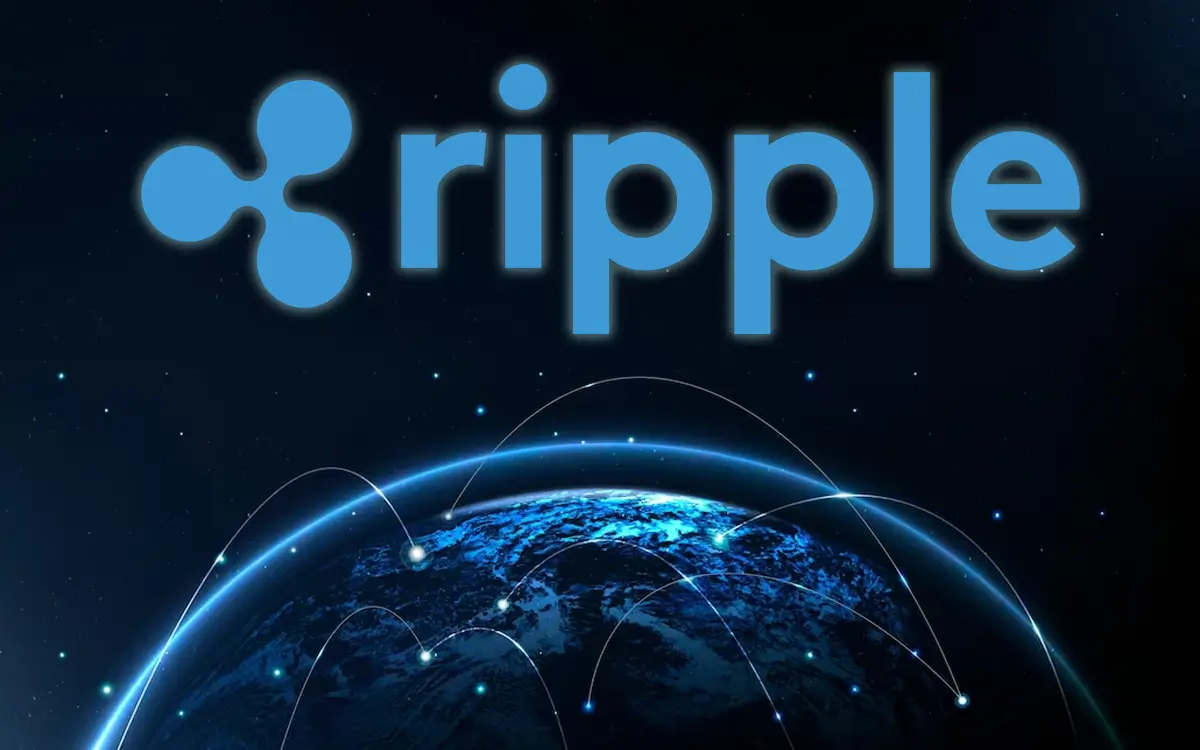Ripple Secures Full Regulatory Approval to Offer Crypto Payments in Dubai
13.03.2025 22:00 1 min. read Alexander Zdravkov
Ripple has officially secured full regulatory approval from the Dubai Financial Services Authority (DFSA), granting it the ability to offer crypto-based cross-border payment services in the UAE.
The company confirmed on March 13 that it had received its DFSA license, enabling operations within the Dubai International Financial Center (DIFC), a special economic zone with independent tax and regulatory policies. This milestone follows an initial approval granted nearly six months earlier, as Ripple worked toward full authorization to expand its digital asset infrastructure in the region.
With the license in place, Ripple can now provide blockchain-powered payment solutions to financial institutions across the UAE, catering to businesses seeking partners to integrate digital assets into real-world financial operations. The company highlighted the region’s growing demand for such services, particularly from both crypto-focused firms and traditional banks.
Ripple CEO Brad Garlinghouse praised the UAE’s proactive stance on technology and digital assets, describing it as an ideal hub for innovation. He emphasized that the industry is entering a period of rapid expansion, fueled by regulatory clarity and increasing institutional interest worldwide.
The approval also marks Ripple as the first blockchain-driven payments provider authorized to operate within the DIFC. DIFC CEO Arif Amiri welcomed the company’s growing presence, noting that the license positions Ripple to capitalize on opportunities in both the UAE and the wider MENA region.
-
1
Polygon Breaks from Decentralization as Sandeep Nailwal Assumes Full Control
11.06.2025 20:00 2 min. read -
2
Nvidia CEO Urges UK to Invest in AI Infrastructure or Risk Falling Behind
10.06.2025 9:00 1 min. read -
3
KuCoin Plants Its Flag in Bangkok With a Licensed Thai Exchange
14.06.2025 13:00 1 min. read -
4
Why Gold Could Be the Smart Play Amidst US Debt Surge
11.06.2025 11:00 1 min. read -
5
NFTs Quietly Evolve Into Core Digital Infrastructure
13.06.2025 17:00 2 min. read
Coinbase Surges 43% in June, Tops S&P 500 After Regulatory Wins and Partnerships
Coinbase has emerged as the best-performing stock in the S&P 500 for June, climbing 43% amid a surge of bullish momentum driven by regulatory clarity, product innovation, and deeper institutional interest in crypto.
What Brian Armstrong’s New Stats Reveal About Institutional Crypto Growth
Coinbase CEO Brian Armstrong has spotlighted a significant acceleration in institutional crypto adoption, driven largely by the surging popularity of exchange-traded funds and increased use of Coinbase Prime among major corporations.
Whales Buy the Dip as Retail Panics: This Week in Crypto
The latest market turbulence, fueled by geopolitical tensions and investor fear, offered a textbook case of how sentiment swings and whale behavior shape crypto price action.
What Will Happen With the Stock Market if Trump Reshapes the Fed?
Jefferies chief market strategist David Zervos believes an upcoming power shift at the Federal Reserve could benefit U.S. equity markets.
-
1
Polygon Breaks from Decentralization as Sandeep Nailwal Assumes Full Control
11.06.2025 20:00 2 min. read -
2
Nvidia CEO Urges UK to Invest in AI Infrastructure or Risk Falling Behind
10.06.2025 9:00 1 min. read -
3
KuCoin Plants Its Flag in Bangkok With a Licensed Thai Exchange
14.06.2025 13:00 1 min. read -
4
Why Gold Could Be the Smart Play Amidst US Debt Surge
11.06.2025 11:00 1 min. read -
5
NFTs Quietly Evolve Into Core Digital Infrastructure
13.06.2025 17:00 2 min. read


